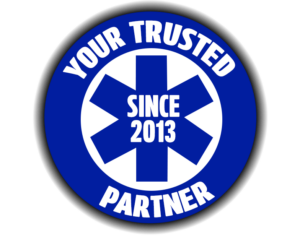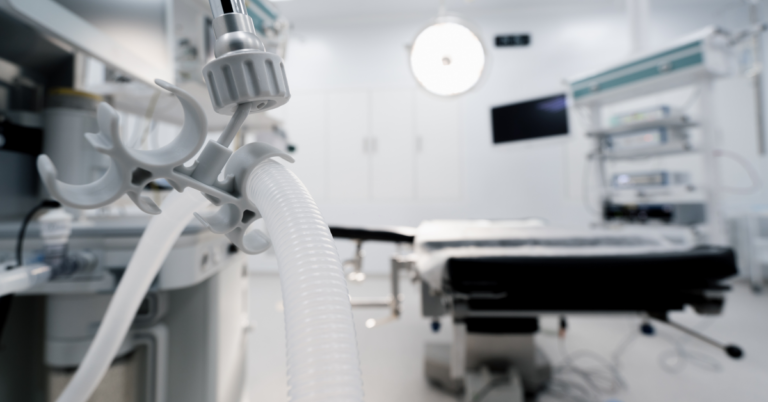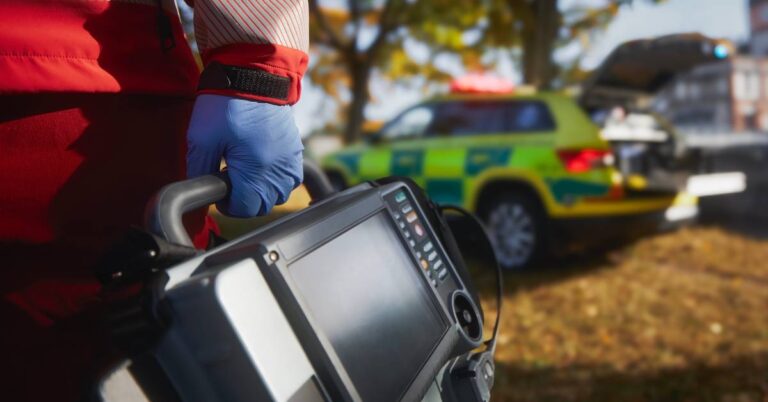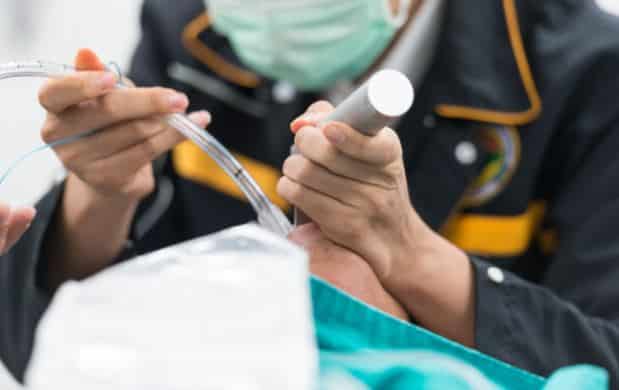
What Americans Need to Know About COVID-19
The spread of the coronavirus is the only thing anyone can talk about. And understandably so, because it’s impacting the everyday lives of everyone in the country, even those not impacted by it directly. In this article, we will share insights on how to protect yourself and others from the virus.
The 2019-nCoV (also called COVID-19) is caused by a novel (new) coronavirus. It started in Wuhan City, Hubei Province, China, and spread throughout China and 31 other countries, including the United States. Like other coronaviruses, it is caused by animals.
As of March 23, 2020, there were 33,404 confirmed cases in the United States and over 290,000 globally, including over 12,000 deaths reported.
What is the Novel Coronavirus (2019-nCoV)?
The new Coronavirus is a respiratory illness that can spread from person to person through respiratory droplets when an infected person sneezes or coughs. After infection, the person may not observe any symptoms between 2 to 14 days (this is the incubation period of the virus). Possible symptoms of the virus include fever, cough, and shortness of breath.
In severe cases, symptoms may range from kidney failure, pneumonia, and death.
Preventing the Novel Coronavirus
According to the CDC, you can protect yourself from the virus by using the following precautionary measures.
- Wash your hands for at least 20 seconds with soap and water or use an alcohol-based hand rub.
- Avoid touching your nose, mouth or eyes with unwashed hands.
- Cover your mouth and nose with a flexed elbow or tissue when coughing or sneezing. Throw the tissue away and wash hands immediately.
- Avoid close contact with anyone with a cough or fever.
- Practice social distancing and avoid groups of 10 people or larger.
Suspicious Diagnosis of Coronavirus
When you suspect symptoms associated with the virus, call your health provider and tell them about your symptoms. Do not go in without calling ahead, and make sure you share your previous travel history with your healthcare provider. Through these actions, your healthcare provider can adequately prepare for your coming to prevent other people from being infected. Although there are currently no vaccines or treatment, supportive care and the state of one’s immune system can boost the chances of surviving the virus.
In the meantime if you are infected, you should also:
- Restrict your activities outside your home except for medical care. Avoid going to public areas or using public transportation.
- Do not share dishes, drinking, glasses, cups, utensils, towels, bedding, and other items with people.
- Stay in a different room and avoid sharing the bathroom with others.
- When you cough or sneeze, cover with a tissue or use your sleeve to cover your mouth and nose.
- Use a lined trash can to dispose of tissues and wash hands for at least 20 seconds with soap and water.
Overall, stay informed about the daily situation by using the Center for Disease Control (CDC). Additionally, you can follow the World Health Organization for global situational reports.





